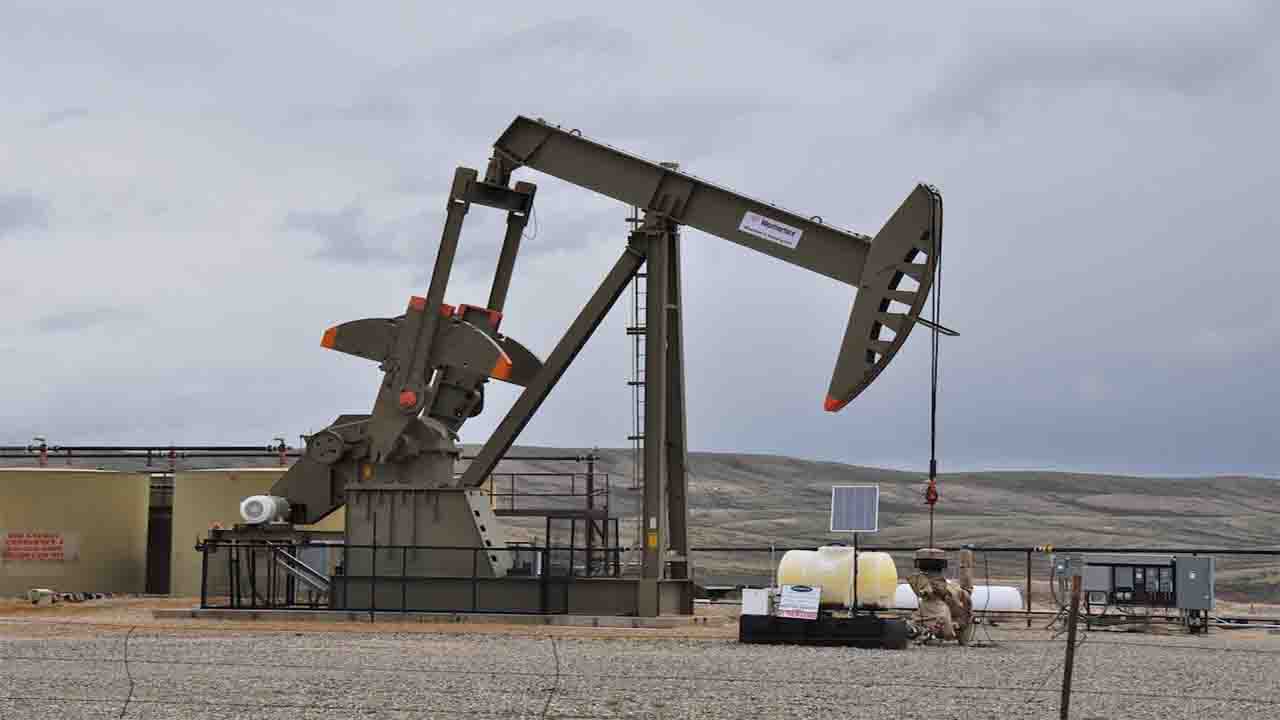Nigeria (Commonwealth)_ The African Finance Corporation (AFC), which is controlled by Nigeria’s central bank and other African financial institutions, has no plans to abandon its investments in fossil fuels, according to a senior executive on Thursday. Thus far, Africa Finance Corporation has invested approximately US$ 11.5 billion in infrastructure projects in Africa.
While governments and United Nations leaders gathered in Nairobi this week for Africa’s first-ever climate summit sought to portray the region as a source of renewable energy solutions, the expansion of fossil fuel projects remains firmly on the agenda for many countries.
We cannot and will not avoid investing in fossil fuels since the continent’s development demands are so great, said Sanjeev Gupta, executive director of financial services at the AFC, at the climate conference in London.
The world still requires energy security and energy source variety. No energy mix in the world says no oil and gas in the next 50 years, so why would we not develop our resources and pay our own fiscal budgets?
According to a report released this week by the development charity ActionAid, banks throughout the world have given $3.2 trillion to the fossil fuel industry in Global South nations in the seven years since the 2015 Paris climate agreement, which pledged to cut emissions to keep global warming “well below” 2 degrees Celsius.
The AFC, based in Lagos, is a pan-African multilateral development institution with nine members, the majority of which are from Western African countries. According to its website, it is 42.5% held by Nigeria’s central bank, 47.6% by other African financial institutions, and 9.8% by industrial and corporate owners.
The African Development Bank (AfDB) was founded in 2007 by sovereign African states to provide pragmatic solutions to Africa’s infrastructure deficit and demanding operating environment. The Corporation bridges the infrastructure investment gap by providing loan and equity financing, project development, technical and financial consulting, and other services.
The AFC’s investment mandate is pan-African, with a concentration on investments in five major sectors: Power, transportation and logistics, natural resources, telecommunications, and heavy industries are all examples.
The majority of AFC’s shareholders are private investors, the majority of which are African financial institutions. Private investors own 62% of the organization. The Central Bank of Nigeria owns the remaining 38%. AFC allows African states (through their national central banks, sovereign wealth funds, state pension funds, or comparable institutions) to be both shareholders and members of the corporation, in addition to private investors.
A dramatic energy shift is not only doable, but also necessary for a climate-safe future that meets the prerogatives of sustainable development. Renewables are critical to eliminating energy poverty, delivering necessary energy services without harming human health or ecosystems, and enabling economic transformation to promote development and industrialization.
Africa is extremely diverse, and no single method will progress the continent’s energy future. However, efforts must be undertaken across the continent to construct modern, robust, and sustainable energy systems in order to prevent trapping economies and societies in progressively outmoded energy systems that burden them with stranded assets and restricted economic prospects.
The African continent has immense potential in wind, solar, hydro, and geothermal energy, and lowering costs are gradually bringing renewables within reach. Mineral resources are rich in Central and Southern Africa, which are required for the development of electric batteries, wind turbines, and other low-carbon technologies.
Previously, The International Renewable Energy Agency (IRENA) developed in partnership with the African Development Bank (AfDB) outlines the prospects available while also recognizing the limitations that Africa faces. It lays out a roadmap to a renewable energy system and demonstrates that the transition will result in significant benefits in GDP, employment, and human wellbeing in each part of the continent.








